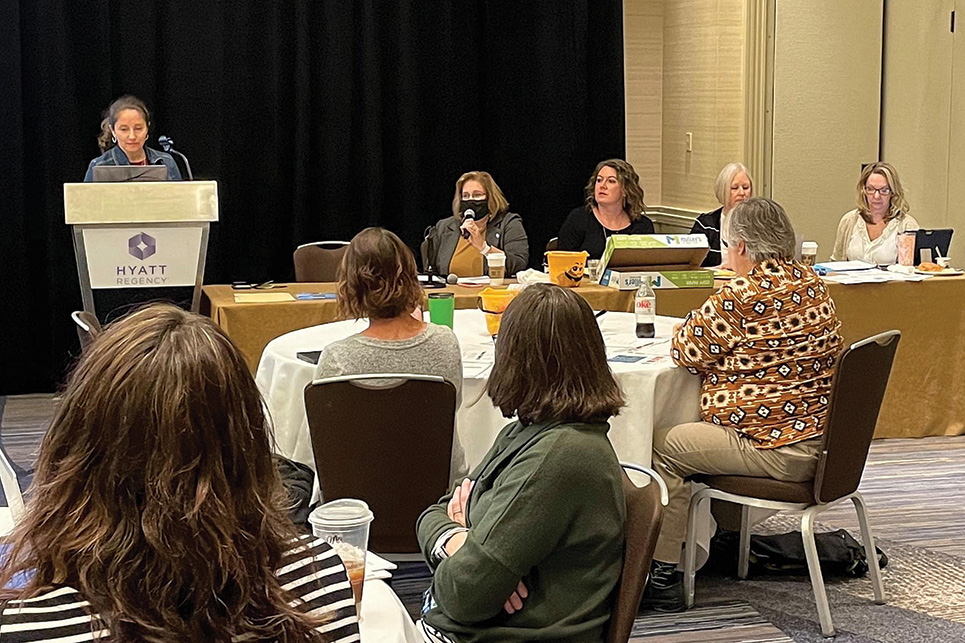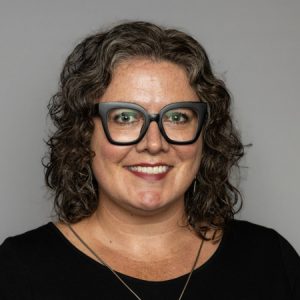April 25, 2024

When faculty members across the country reshape their curricula to meet the needs of the next generation of occupational therapy students, they are embracing concepts at the core of the University of Missouri’s Department of Occupational Therapy.
Tiffany Bolton, an associate clinical professor at Mizzou, was a member of a task force appointed by the American Occupational Therapy Association (AOTA) Commission on Education to design a new Occupational Therapy Curriculum Design Framework. Dr. Bolton joined the task force in 2019, and the group published its findings in the American Journal of Occupational Therapy in late 2021.
For Bolton, the collaborative process with the task force underscored both areas for improvement as well as strengths of Mizzou’s OT program.
“I was able to thread a lot of exemplars that are credited back to our program in the document, because we do a lot of things well,” she said. “That was a really fun part of being on the committee — being able to share the expertise we have.”
The framework embraces a practical approach to designing occupational therapy curricula, outlining the process via influential factors that faculty members should consider. It can be adapted to meet the unique needs of any academic institution, with eight foundational factors programs should keep in mind when examining their own curricula.
Occupational therapy curricula are unique because they combine evidence-based teaching with the profession’s focus on meaningful occupations in the context of the sponsoring institution and relevant community.
Whether someone is revising an existing curriculum or designing a completely new one, Bolton said the document walks them through every step they would need to consider.
“It’s extremely comprehensive,” she said. “And what we’ve heard from other faculty is that it’s very user-friendly, which was our ultimate goal.”
One message threaded throughout the framework is using a backward design for curriculum, Bolton said. By starting with the end results (e.g., what skills and knowledge should graduates have?) and working backward, she said faculty members can carefully craft instructions, learning activities and objectives that produce those results.
Since the group published the framework, Bolton has been busy hosting workshops with faculty members throughout the country. She said she’s probably interacted with close to 200 OT and OTA programs through those workshops, adding that she always seems to walk away with kind words both about the framework and Mizzou’s contributions to it.
“Most people want to put together a really quality curriculum, but sometimes they don’t know where to start,” Bolton said. “Having sort of a guideline that still allows for a ton of individuality has been really well-received.”
